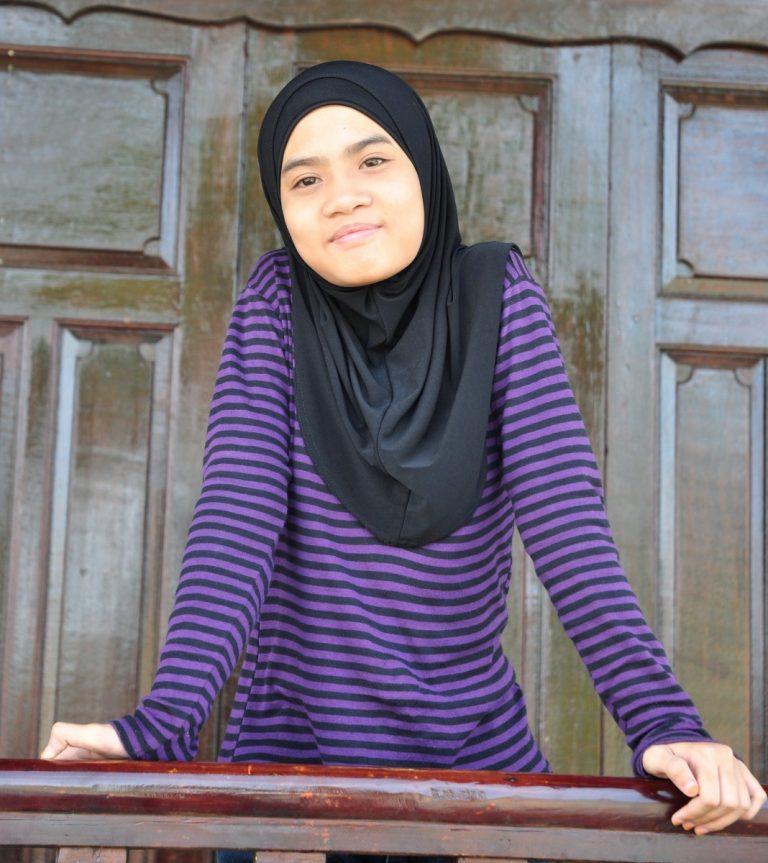
The UK school that made headlines last week for instituting a hijab ban on students under eight has now made a U-turn on the policy, following accusations it was infringing on personal freedoms.
The uproar has also resulted in the resignation of the school’s head of governors Arif Qawi, the man reportedly responsible for the decision, which also banned prepubescent children from fasting during Ramadan.
Top state school that banned students from wearing the hijab reversed its ban and its chair of governors stepped down after writing "crucify the unholy bastard" referring to local imam (who was accidentally cc'd in email) https://t.co/9zpBsDq3mL
— Siraj Datoo (@dats) January 22, 2018
According to The Sunday Times, the St Stephenson’s Primary School head had cited “health and safety” as reasons for the ban, although he also expressed concern at the lack of national guidelines on such matters. The Department of Education, he said, should “step up and take it out of our hands”.
He also claimed that some parents were relieved by his decision, saying: “I could not see their [the mother’s] faces because they were fully veiled. But I could see their eyes — which were sparkling. They were pleased we had taken it out of their hands.”
Explaining further, headteacher Neena Lall said banning the hijab would help young British Muslim girls to “integrate” into British culture.
The move, however, sparked an immediate backlash against the school. Parents criticised the institution for banning an important religious garment without sufficient conversation about what this would mean to their children and community.
According to The Guardian, parents first heard about the ban through the media rather than through open dialogue.
Miqdaad Versi, the assistant secretary general of the Muslim Council of Britain told the daily: “This decision on religious symbols did not appear to target adherents of other faiths and appears to have been made without consulting the parents or community,”
“Yet serious questions remain unanswered as to the school leadership’s attitude towards Muslims, which are potentially discriminatory.”
I'm inclined to agree. Hijab/burqa bans are a side-track that is unhelpful. Banning swastika arm-bands, without raising an army to defeat National Socialism, would have done very little in mid 20th C. Europe.
We need to ban the ideology.— Sue Denim (@frogwatcher14) January 22, 2018
More than 19,000 people also signed an online petition calling for the ban – which they described as an act of “oppression” – to be lifted, according to The Independent.
It demanded the school reverse its decision “so that individuality, personal choice, heritage, culture and expression remain free and unregulated within the education system”.
Responding, the school rescinded the hijab ban in a ‘Uniform Policy Update’ on their website.
The statement read: “The school has taken the decision to make changes to this policy with immediate effect and this follows on from conversations with our school community. We will work with our school community to continue to review this policy going forward in the best interests of our children.”
https://twitter.com/mrjammyjamjar3/status/953766655192195073
However, some politicians say that Arif should not be criticised for his decision.
Amina Lone, an activist who has lobbied the government to ban the hijab in schools for young girls, was disappointed by the school’s U-turn: “A result of clicktivism in all its polarised glory. So much for choice and individual liberty. Terribly sad day for a secular democracy,” Lone wrote on Twitter according to The Guardian.
The Labour MP Khalid Mahmood said to The Sunday Times: “I would condemn any pressure the chair of governors and head had come under because there is no religious obligation to wear a hijab for young girls.”
“This is a political issue being taken up by those who want to sow division.”
Arif has called for the Department of Education to issue stricter guidelines to prevent future outbursts like this.
On Arif’s call for national guidelines on such matters, the Department of Education insisted on leaving it in the hands of the individual school.
“It is a matter for individual schools to decide how to accommodate children observing Ramadan, and to set uniform policies but we would expect them to consider the needs of their pupils, and to listen to the views of local parents.”
Liked this? Then you’ll love…
Top UK school bans girls under 8 from wearing hijab, discourages fasting
Muslim kids in Chinese county banned from religious events this winter







